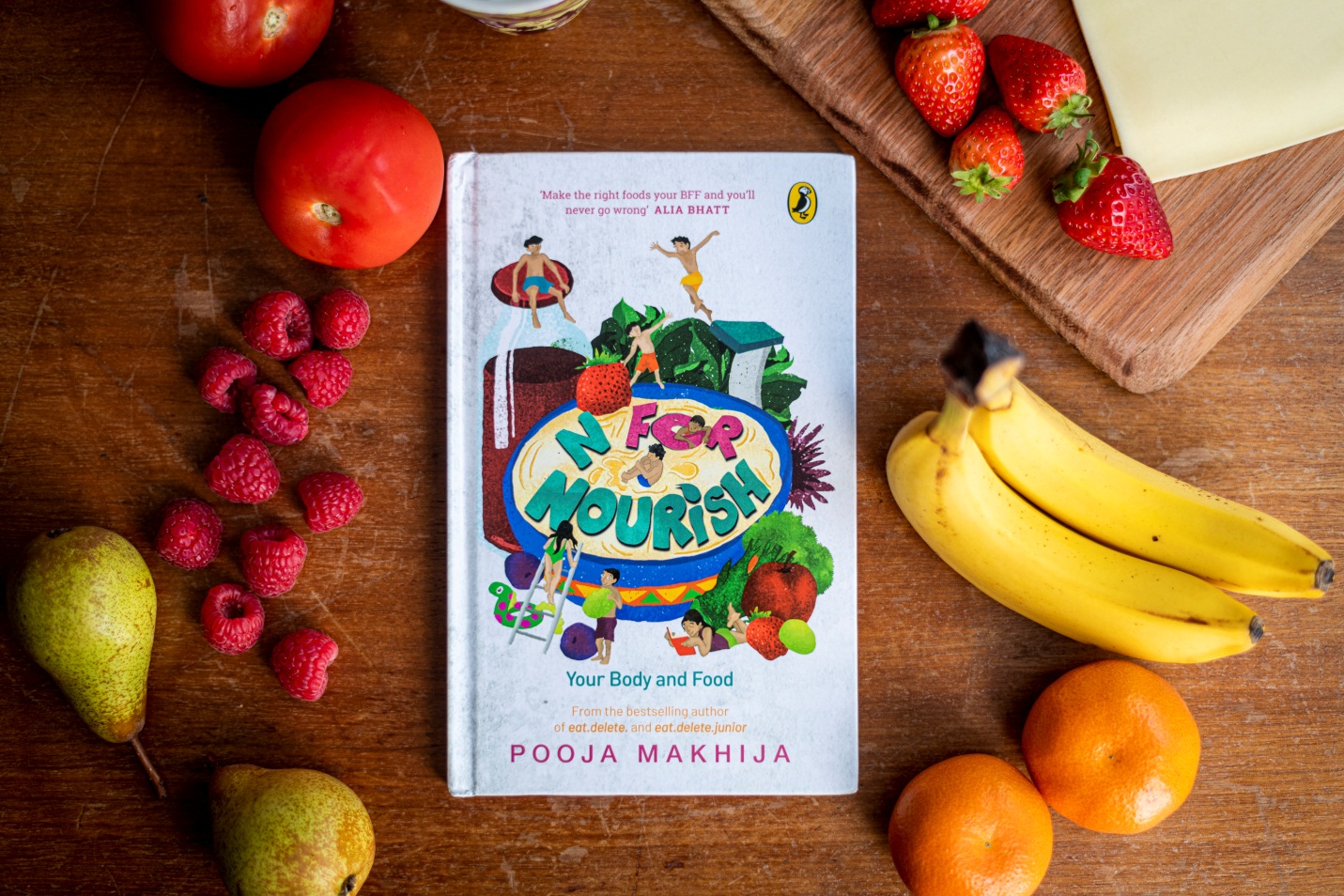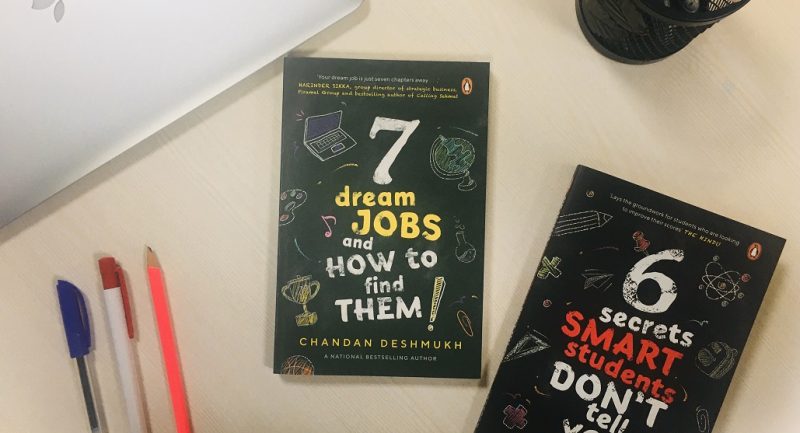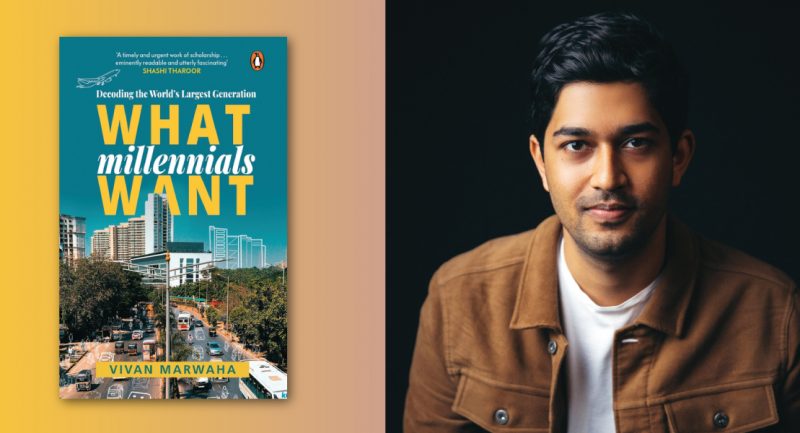
In N for Nourish, celebrity nutritionist Pooja Makhija demystifies the misleading theories about food that float around in a market driven by commercial interests of corporate giants. Her book draws attention to the inherent relationship our bodies have with food so that what we eat determines the quality of life we enjoy.
‘You will never not need food. Breakfast, lunch, dinner, snacks—these will be part of your life for the rest of your life. When you’re feeling sick, food can heal you. When you’re feeling tired, food can pick you right back up. By eating right and eating well, food will always be your BFF.’ writes Pooja.
Here are 6 food myths from her new nutrition book for children above the age of 10, N for Nourish, that are finally being busted-
Myth 1: Dieting and fasting help you lose weight
Skipping meals counters your weight-loss plans as it puts your body in a state of panic and consequently, change gears to crisis management mode. Expecting lack of nourishment in the future, the body begins to store fat to supply energy over a longer period.
‘[Pooja Makhija] finds that a lot of older children skip breakfast or have just a small meal because they think that it will make them lose weight. In fact, skipping breakfast or any meal increases fat storage and decreases fat burning. And leads to weight gain. In other words, the more you starve, the more weight you gain.’

Myth 2: If you feel hungry, you are hungry
Hunger and thirst trigger off similar signals in the brain and this can make us feel hungry when, actually, the body needs water to rehydrate.
‘There is a special centre in your brain that tells you how hungry you are. Similarly, there’s another part of your brain that tells you how thirsty you are. But, here’s the catch: both the thirst and hunger centres are located very close to each other. In fact, they are so close to each other that they are almost like neighbours. This becomes a problem when you are dehydrated as your confused brain cannot make up its mind about whether you are hungry or thirsty. And in this chaos, it makes you feel like eating when you should be drinking.’

Myth 3: All carbs are made equal
Complex carbs are better for your health than simple carbs.
‘When you eat simple, sugary carbs, your body does not have to do much to convert the sugar in the food into blood sugar. Your sugar levels shoot up, which is why you suddenly feel energized. But it is also why you feel tired later—because your levels crash as quickly as they rise. But complex carbs, with all their fibre and starch, take more time to be converted into energy. And even though it takes longer, the glucose also stays in your body longer, to give you just the right amount of energy you need with none of the side effects.’

Myth 4: Fats make you fat
An age-old vendetta against Fats is laid to rest here as Pooja Makhija clarifies how Fats, in the right proportion, form an essential component of a balanced diet.
‘Your body needs fat. Fat is what protects your organs, including your brain. About 60–70 per cent of your brain is made up of fat. In other words, if your brain cells don’t have enough fat, they will not be able to do their job.’

Myth 5: Choose Sugar-free foods for weight loss
Artificial sweeteners imitate the taste of sugar and play on the fragile sensibilities of weight watchers. They dupe consumers into thinking that sugar-free means less calories, which tends to increase consumption and eventually lead to weight gain. This, in addition to the various side effects, makes these a bad gimmick to fall prey to.
‘One of the worst offenders is HFCS or High Fructose Corn Syrup. HFCS has many horrible side effects including the possible development of heart disease, cancer, cholesterol and diabetes, as you may get older. And, to top it all, it leads to quick weight gain.’

Myth 6: Only exercise can burn calories
Eating at regular intervals offers fuel to the body in the form of calories which it burns to aid digestion. The external exercise we do is additional to this ongoing process.
‘Digestion, like eating, breathing or even sleeping, burns calories. So, if you eat every two hours, you can burn calories even without running, jumping, playing or exercising. It’s almost like going to the gym!

Keeping the fun in food alive, N for Nourish shines a light on the hidden devils of the food world. Perfect for kids ages 10+ .Get your child a copy today!









